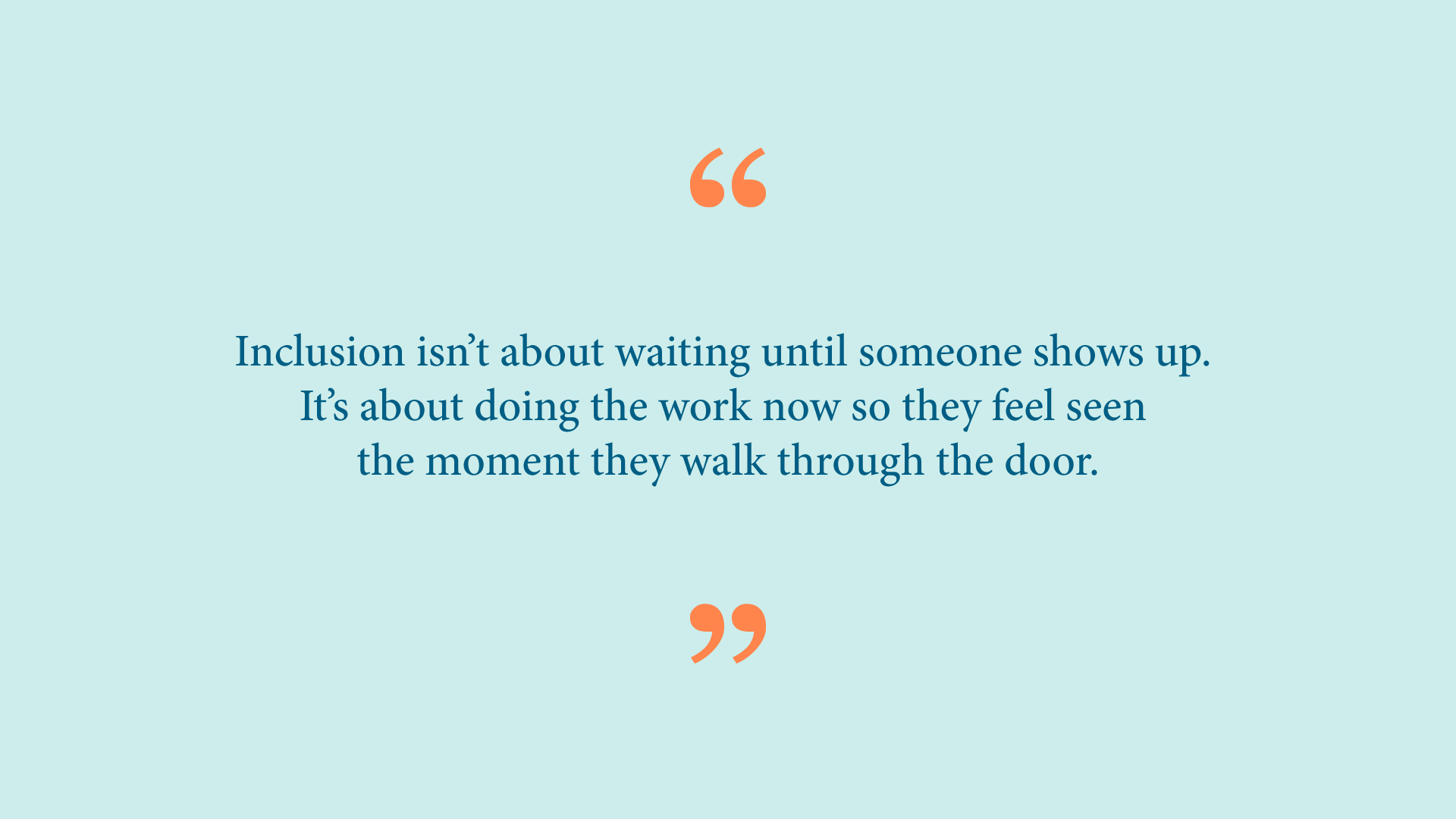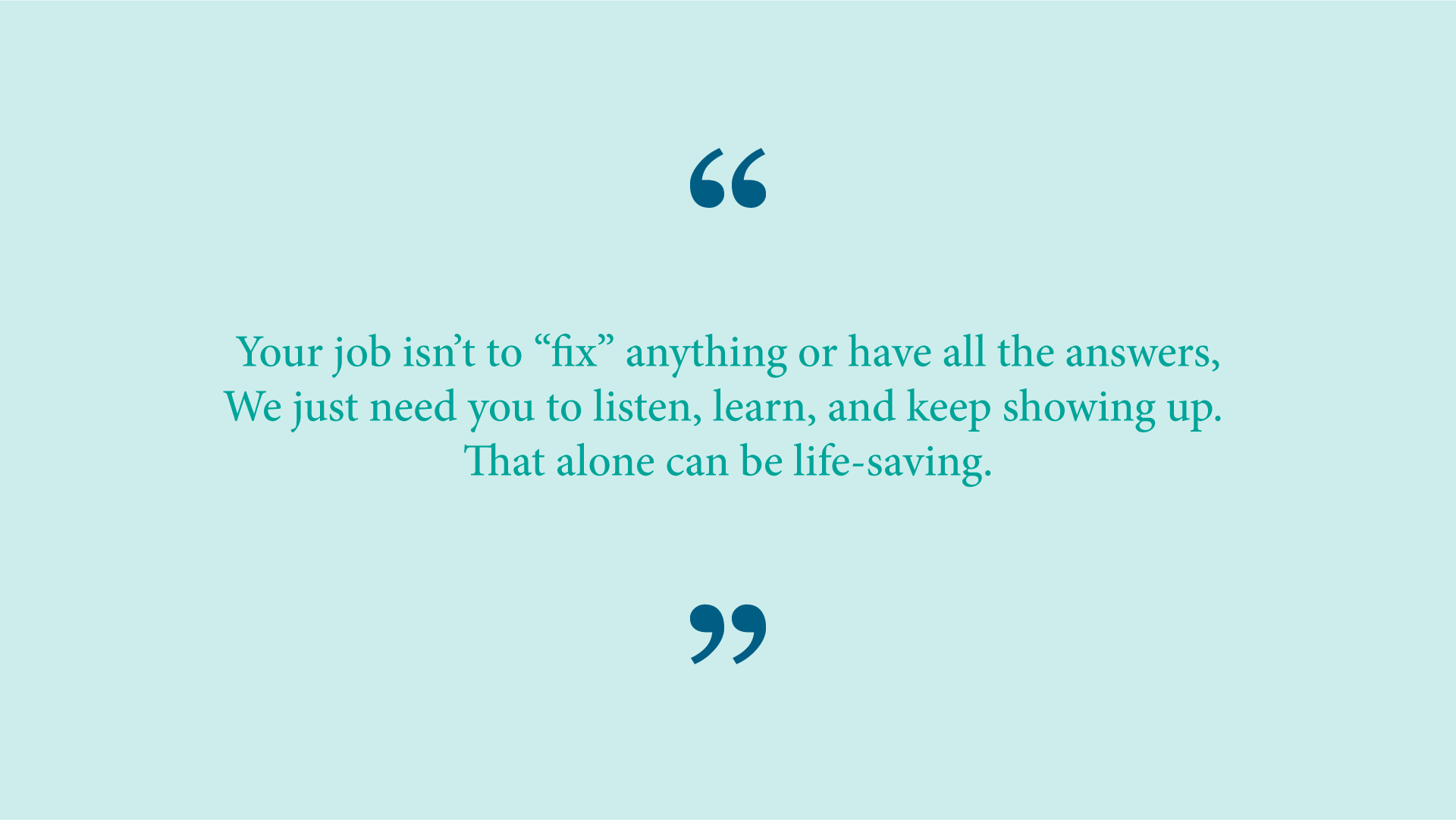Strategies from Ash Ramirez on building human-centered experiences.
What does it take to build a space where LGBTQIA2S+ people don’t just feel welcome, but truly seen, heard, and supported?
That’s the question that Ash Ramirez (they/elle/Papi), DEI strategist, speaker, and drag king (aka Papi Culo), brought to the forefront during their Pride Month session with OBE. Blending lived experience with industry expertise, Ash led a powerful conversation around conscious inclusion—a framework for making workplaces and brand experiences more affirming, creative, and equitable year-round.
Inclusion Isn’t Just a Value. It’s a Daily Practice.
Ash began by naming the foundation of their work:
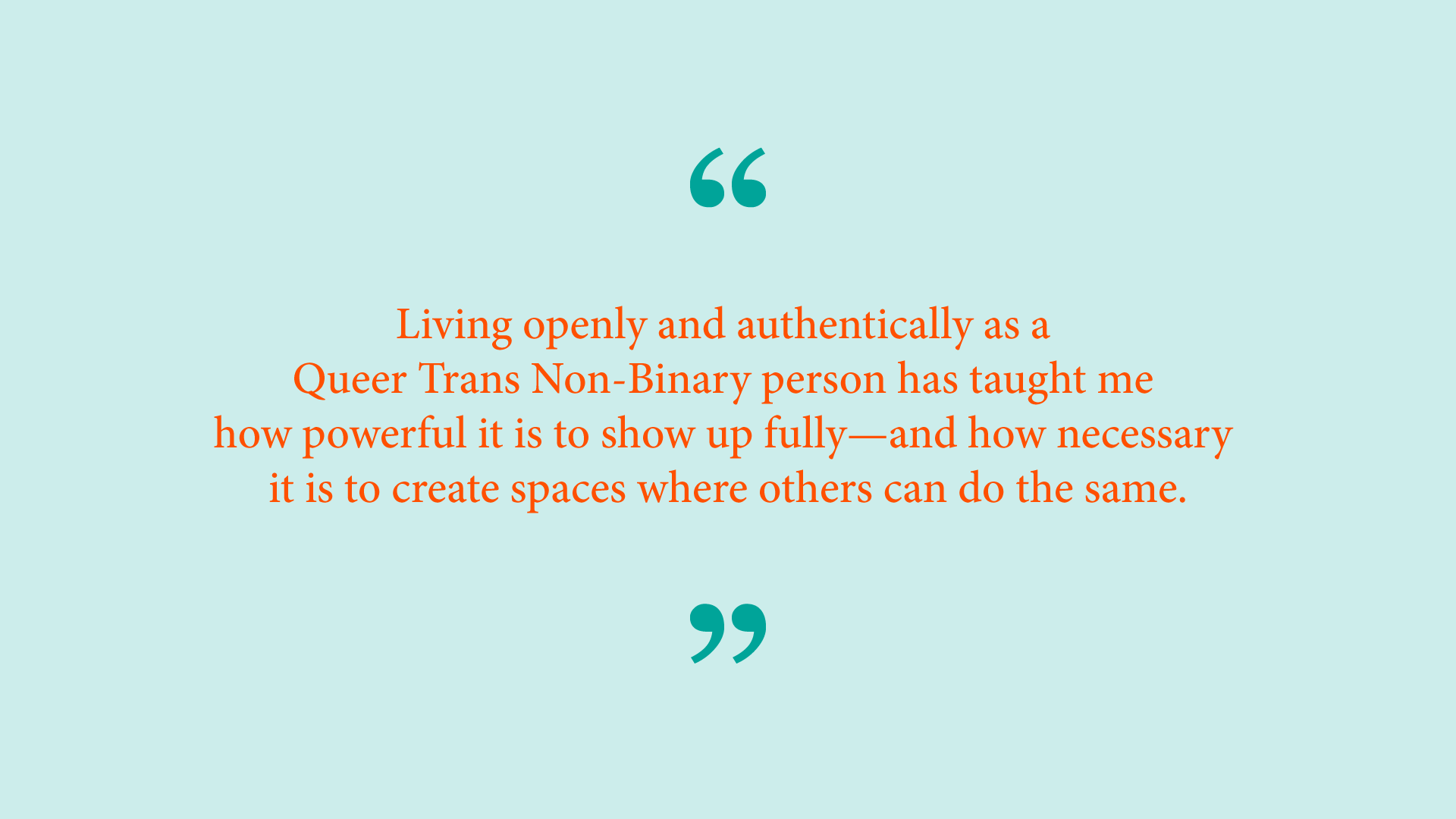
They reminded us that inclusion is more than a DEI statement or rainbow logo—it’s a consistent, active, and intentional practice in how we treat each other, how we use our power and privilege, and how we actively foster belonging across every aspect of an organization and our work.
Why It Matters... Especially Now.
Ash grounded the session in the current state of LGBTQIA2S+ equity:
-
9.3% of U.S. adults identify as LGBTQ+ (Gallup)
-
1 in 4 Gen Z adults identify as LGBTQ+ (Gallup)
-
Over 800 anti-LGBTQ+ bills were introduced in 49 states in 2025
(Trans Legislation Tracker & ACLU)
Despite increasing anti-LGBTQ+ legislation and DEI backlash, Ash emphasized that demographic and cultural shifts are driving demand for more inclusive workplaces and brands.
Despite growing anti-LGBTQIA2S+ legislation and DEI backlash, Ash emphasized that the massive demographic and cultural shifts have increased the demands for inclusive brands and workplaces.
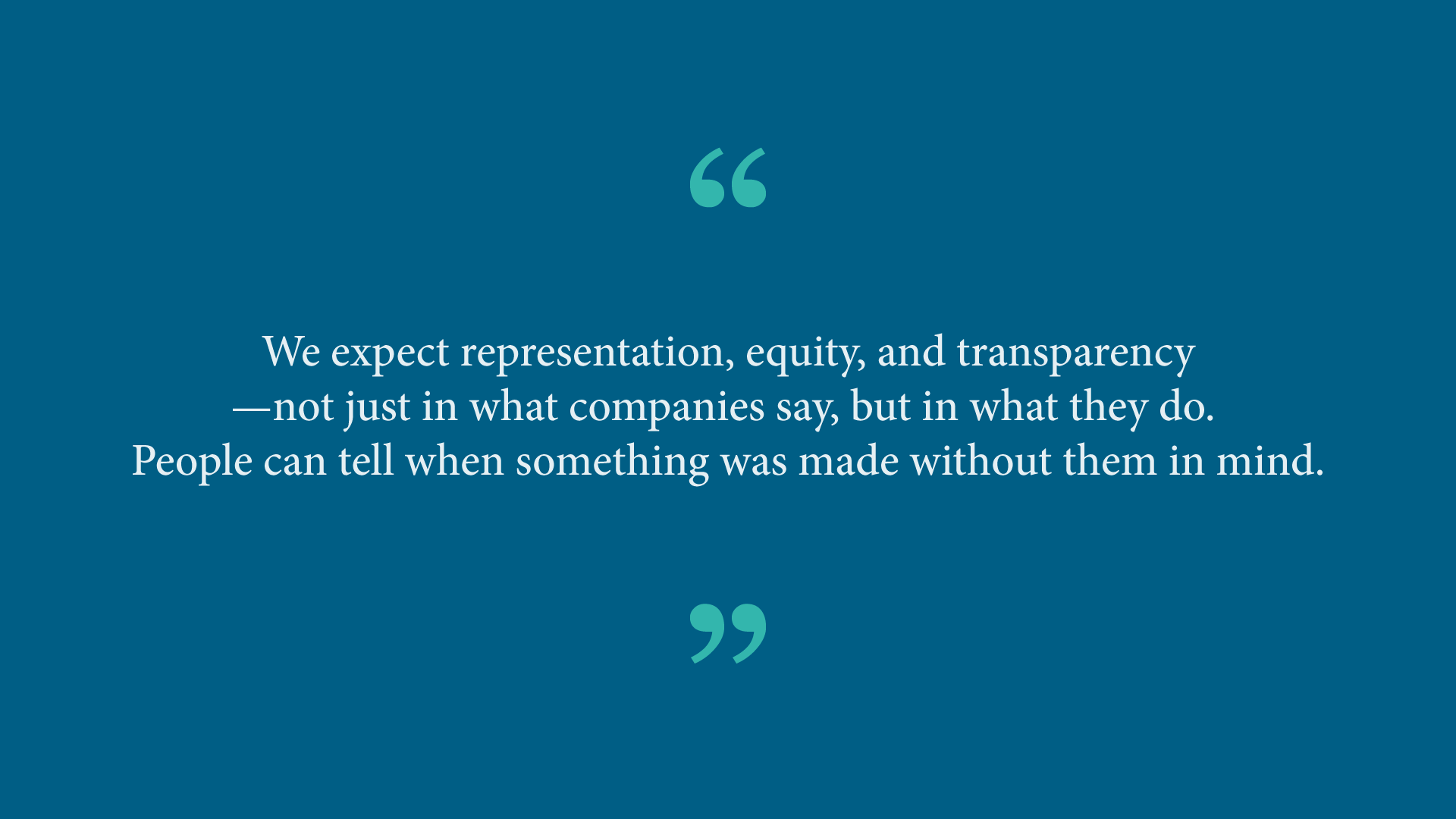
Especially in experiential marketing, where connection and authenticity are everything, inclusive thinking leads to richer insights, innovative solutions, stronger engagement, and authentic storytelling.
Pride365: Tools for Everyday Allyship
Ash shared daily practical tools that employees, managers, and creatives can apply well beyond Pride Month. A few highlights:
-
Normalize sharing your pronouns—but never pressure others.
-
Interrupt microaggressions with compassion, not shame.
-
Use inclusive language (“Hey all” instead of “Hey guys”).
-
Support trans and queer coworkers with respect and follow-through.
-
In the creative work—assess the full (and intersectional) experience of LGBTQIA+ audiences: Is it real, performative, or reinforcing stereotypes? How does it make people feel? Is your event team prepared to navigate harmful behaviors if they arise?
Managers and leaders were encouraged to go deeper: update systems, advocate for inclusive policies, and avoid making LGBTQ+ employees do all the heavy lifting.
Practice Makes Progress
Ash worked through real-world scenarios with us—what to do if you accidentally misgender a colleague, how to respond to a client’s pushback on inclusive messaging, or how to affirm someone who comes out at work.
Ash emphasized:
-
Mistakes will happen. What matters is how we respond and committing to do better moving forward.
-
Allyship doesn’t have to be perfect, but it should be consistent.
-
Building inclusive culture takes practice, humility, and care.
Beyond the Workplace
The session closed with a powerful reminder:
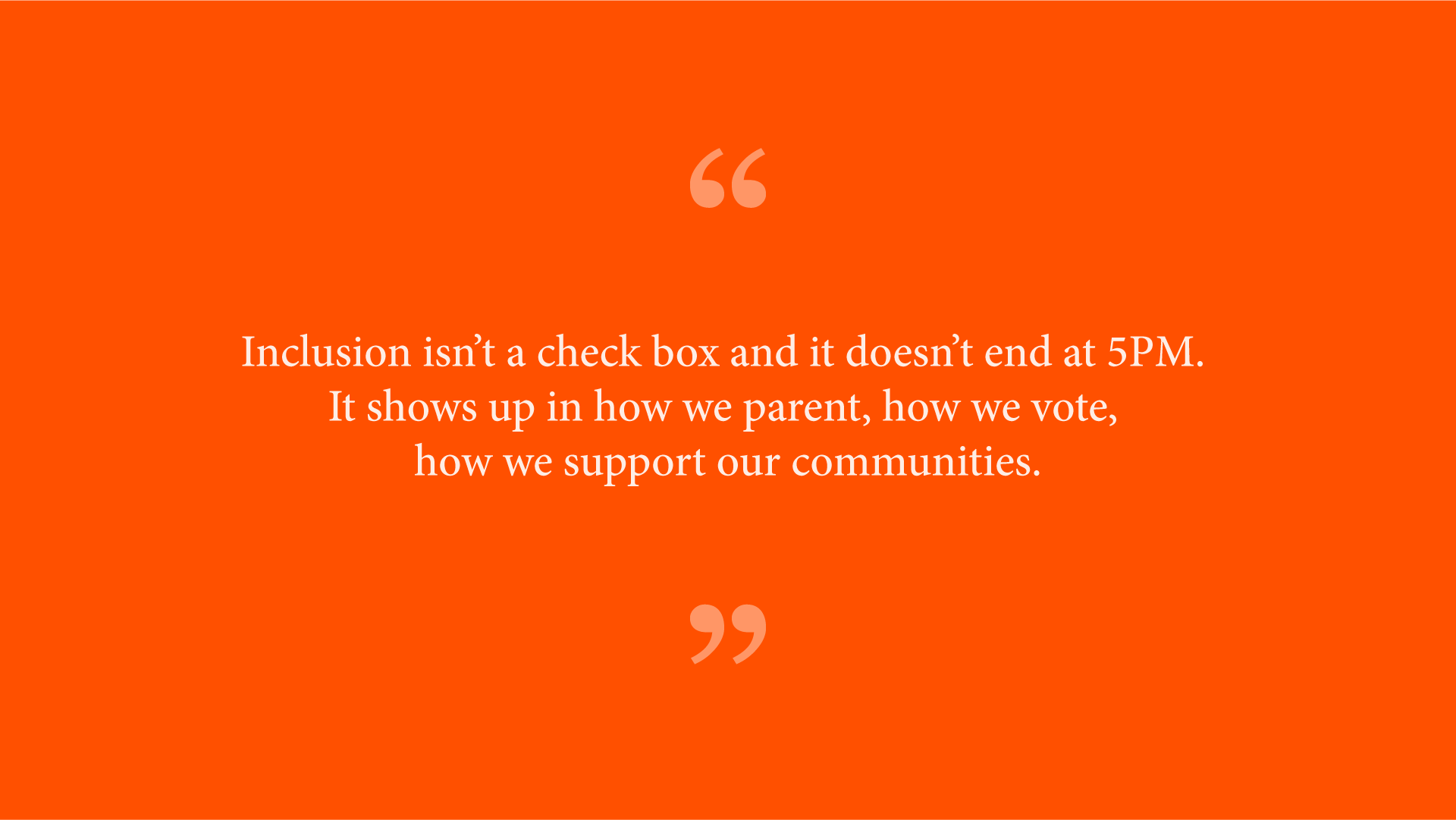
Ash encouraged us to:
-
Invest in LGBTQIA2S+ creators, vendors, and local orgs.
-
Create safer spaces in our homes and communities.
-
Lead with openness and compassion.
Final Words from Ash
Before closing, Ash reminded us of our shared humanity and the power of community.
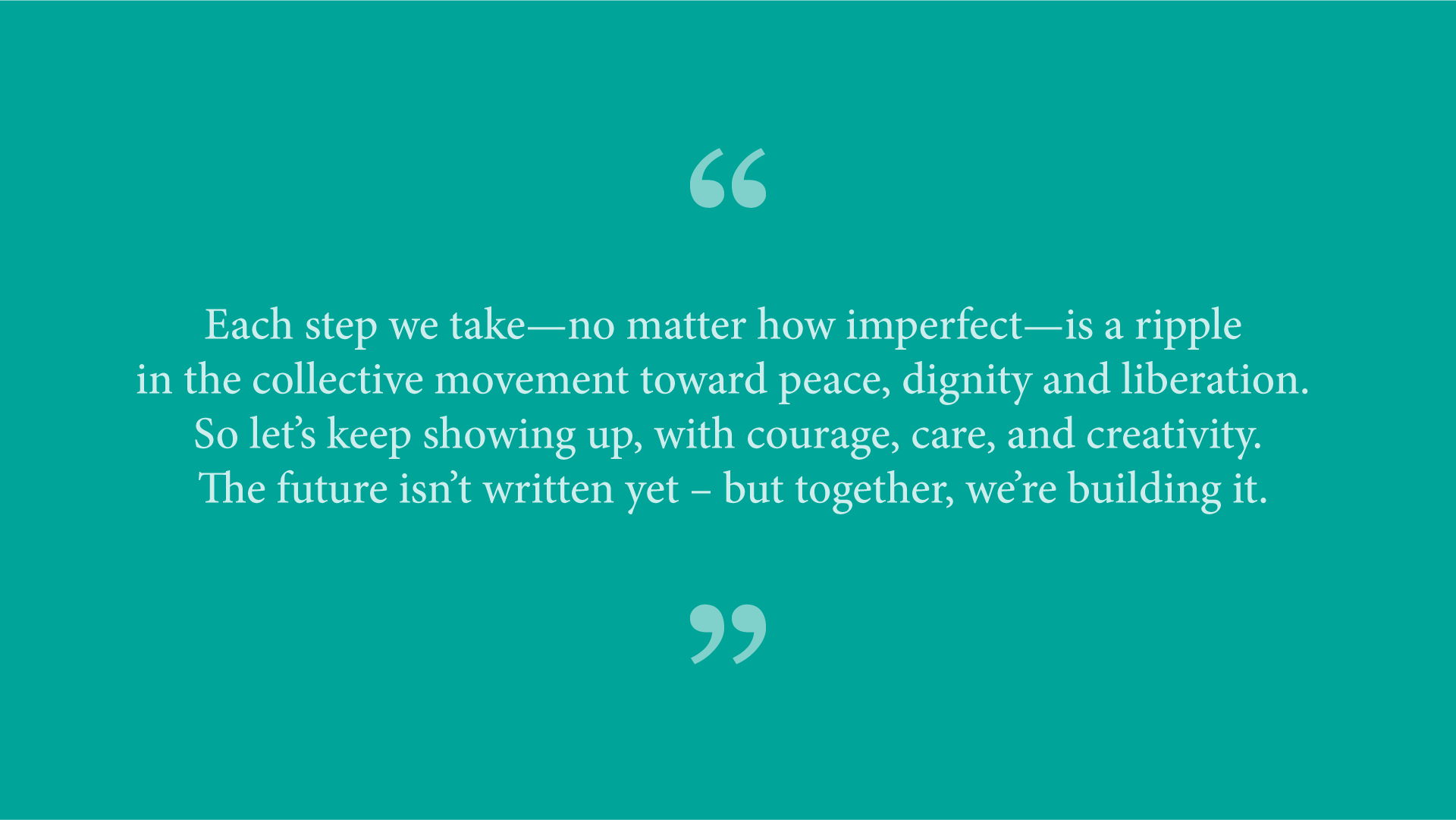
Want to learn more from Ash or bring them to your team?
Check out PapiCreativeProductions.com, connect with them on LinkedIn, or follow their drag journey @ThePapiCulo on Instagram.

